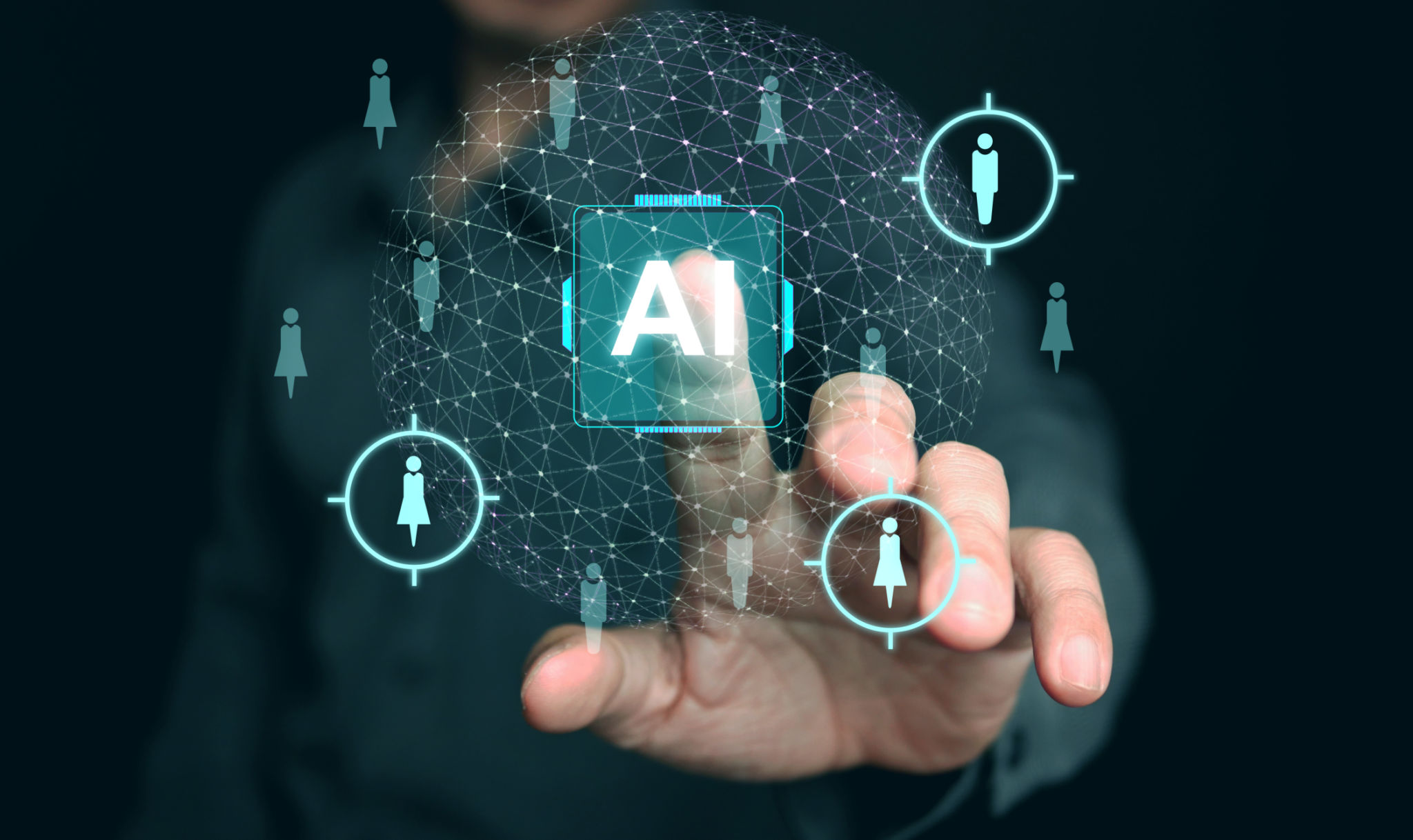The Future of Human Resources: AI Trends to Watch in HR Management
The Role of AI in Transforming HR Management
As technology continues to evolve, the way businesses operate is undergoing a significant transformation. One of the areas experiencing a profound change is Human Resources (HR) management. The integration of Artificial Intelligence (AI) into HR processes is reshaping how companies manage their workforce, from recruitment to employee engagement. Understanding these trends is crucial for businesses aiming to stay competitive in the modern landscape.

Recruitment and Talent Acquisition
AI is revolutionizing the recruitment process by streamlining tasks such as resume screening and candidate shortlisting. By using AI-powered tools, HR managers can efficiently analyze vast amounts of data to identify potential candidates with the best fit for the company. This not only reduces the time and cost associated with recruitment but also minimizes human bias, ensuring a more diverse workforce.
Moreover, AI chatbots are increasingly being used to engage with candidates during the initial stages of recruitment. These chatbots provide instant responses to queries, schedule interviews, and even conduct preliminary assessments. Such innovations are enhancing candidate experiences and improving the overall efficiency of the recruitment process.
Employee Engagement and Retention
Maintaining a motivated and engaged workforce is essential for any organization's success. AI tools are now being employed to monitor employee sentiments through sentiment analysis and feedback surveys. By analyzing data from various sources, AI can identify patterns and provide insights into employee morale and engagement levels.

Additionally, AI-driven platforms are assisting HR managers in developing personalized career development plans for employees. These platforms recommend training courses and skill development programs based on individual career aspirations and performance metrics, helping organizations retain top talent and foster a culture of continuous learning.
Performance Management
Traditional performance reviews are often time-consuming and subjective. AI is changing this by offering real-time performance analytics that provide objective insights into employee productivity. These systems continuously track performance metrics, giving managers a clearer picture of an employee's contributions and areas for improvement.
Furthermore, AI can facilitate 360-degree feedback by aggregating data from peers, supervisors, and subordinates, ensuring that performance evaluations are comprehensive and balanced. This holistic approach helps in setting realistic goals and expectations, ultimately leading to better performance outcomes.

Future Trends: Predictive Analytics and Beyond
As AI technology advances, predictive analytics is becoming a key trend in HR management. By analyzing historical data, AI can forecast future staffing needs and identify potential skill gaps within the organization. This enables HR departments to proactively plan recruitment drives and training programs to address these gaps.
Moreover, AI's role in enhancing workplace diversity and inclusion is gaining traction. By eliminating unconscious bias in hiring processes and promoting equitable opportunities for all employees, AI helps create a more inclusive work environment.
Conclusion: Embracing AI for a Competitive Edge
The integration of AI in HR management is no longer a futuristic concept but a present-day reality that offers numerous benefits. From improving recruitment processes to enhancing employee engagement and performance management, AI provides HR professionals with powerful tools to drive organizational success. By staying informed about these trends and embracing AI technology, companies can gain a competitive edge and foster a more efficient and inclusive workplace.
